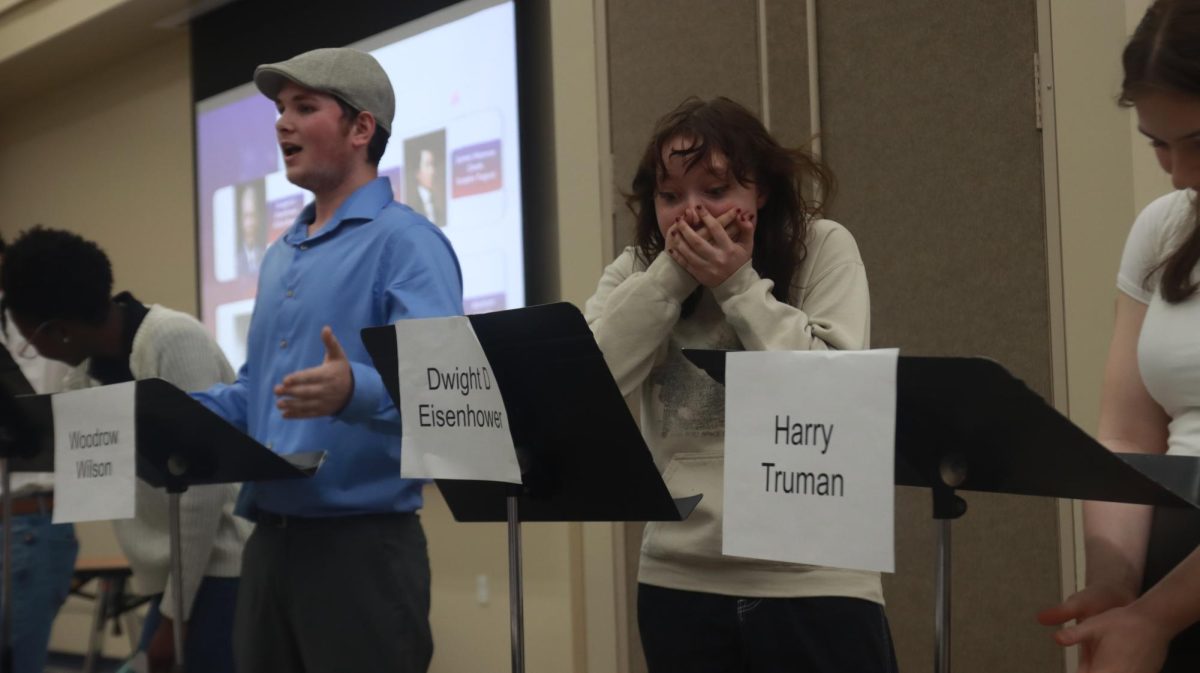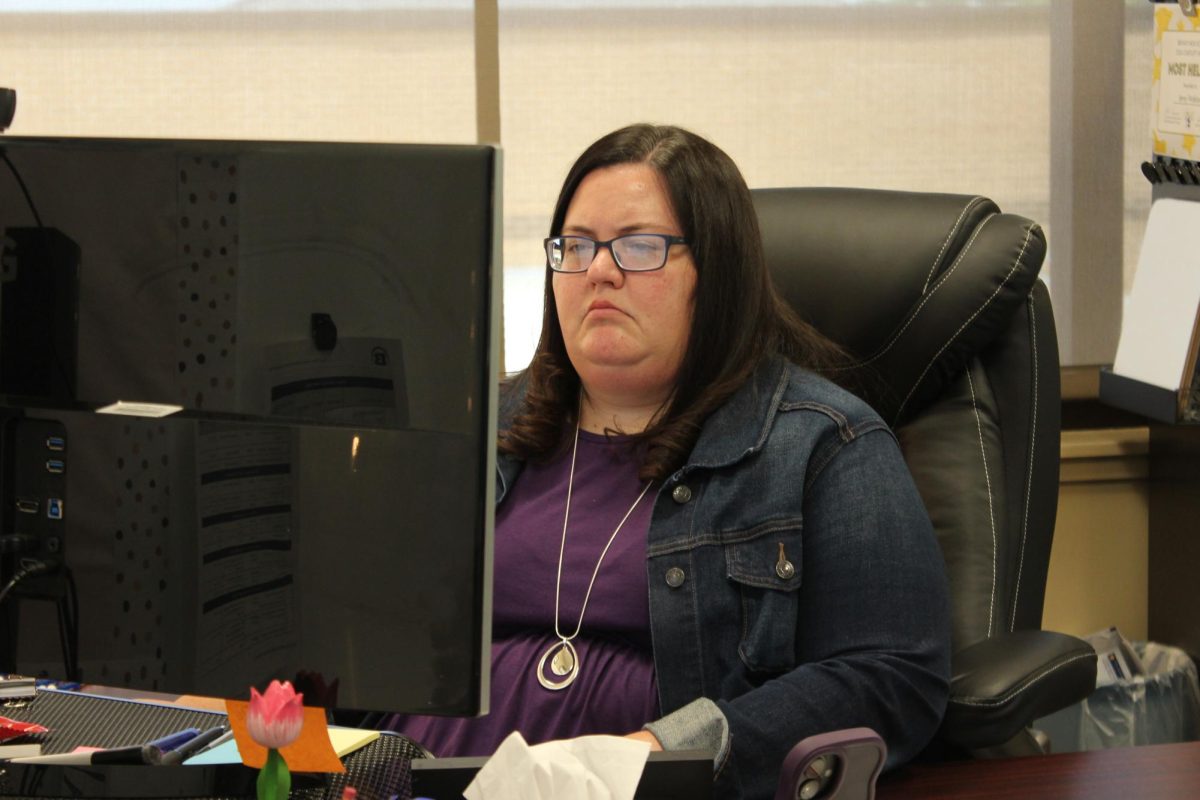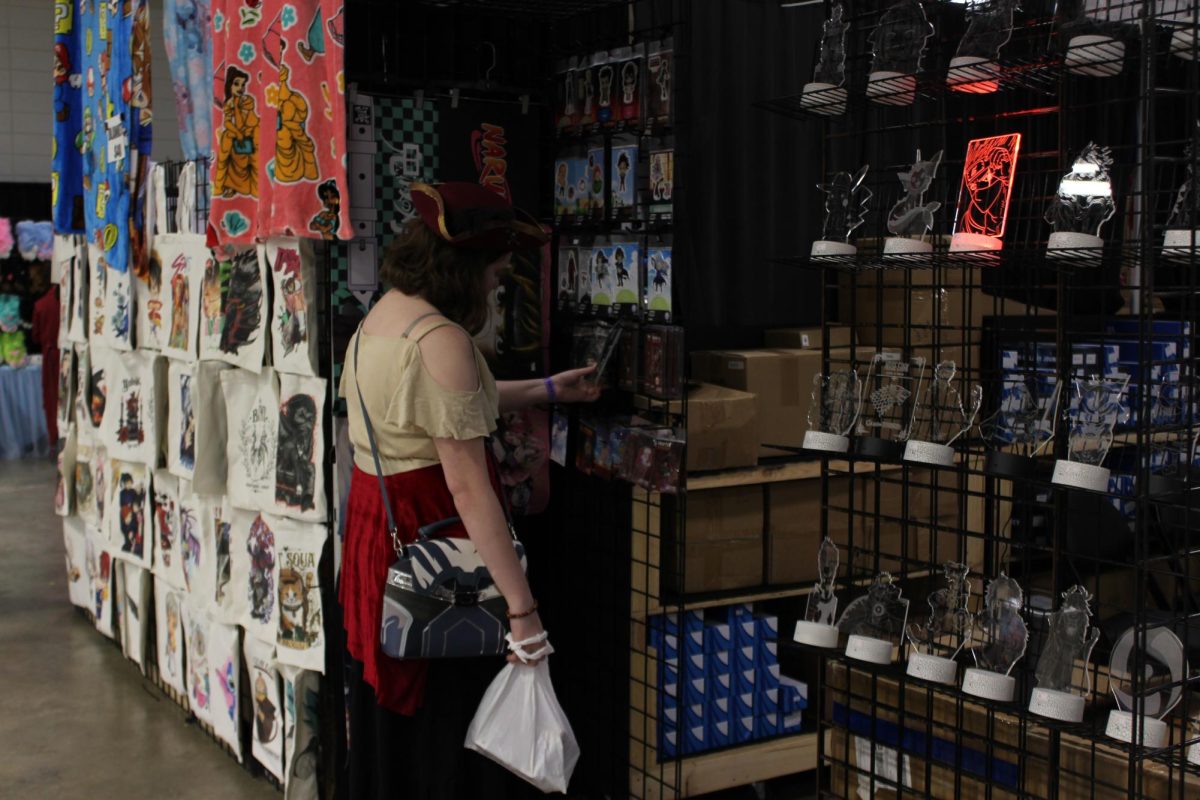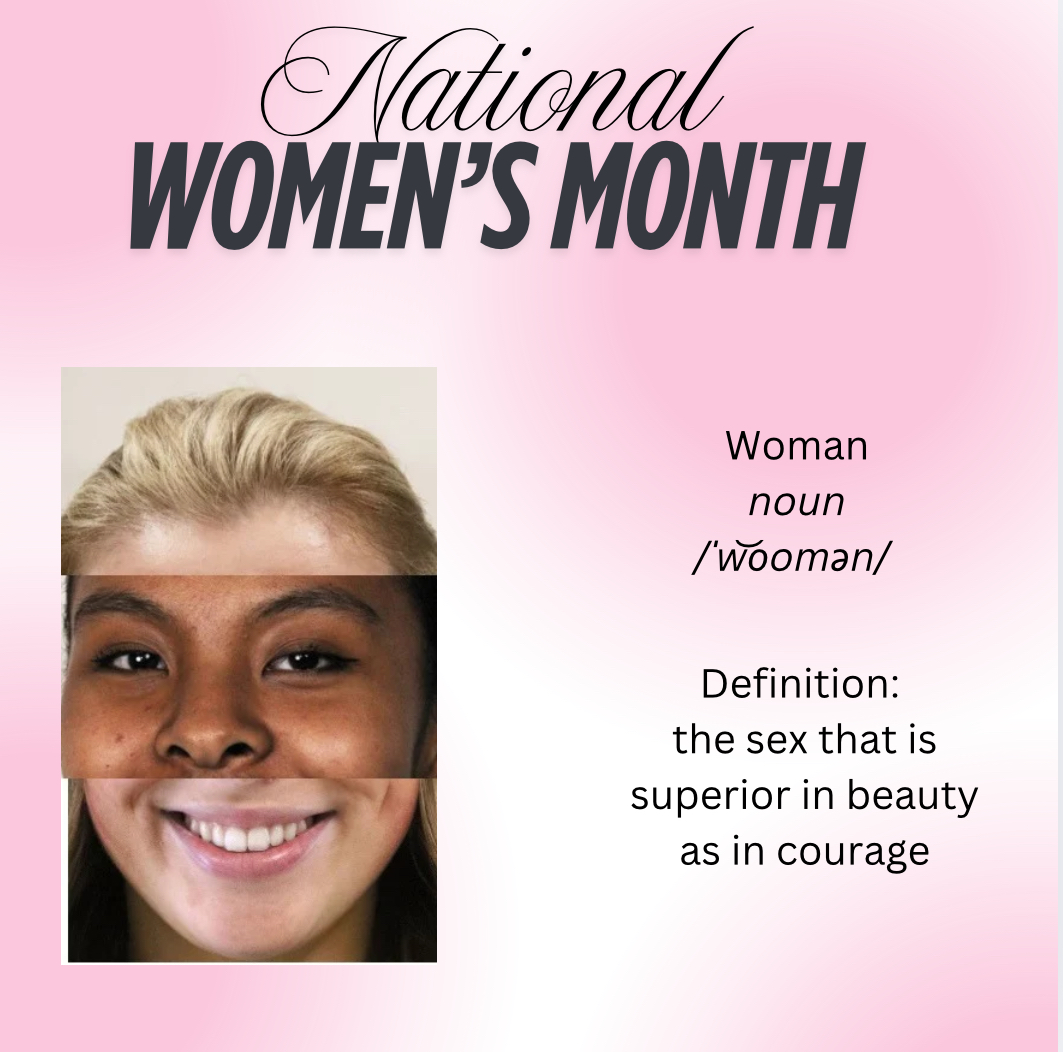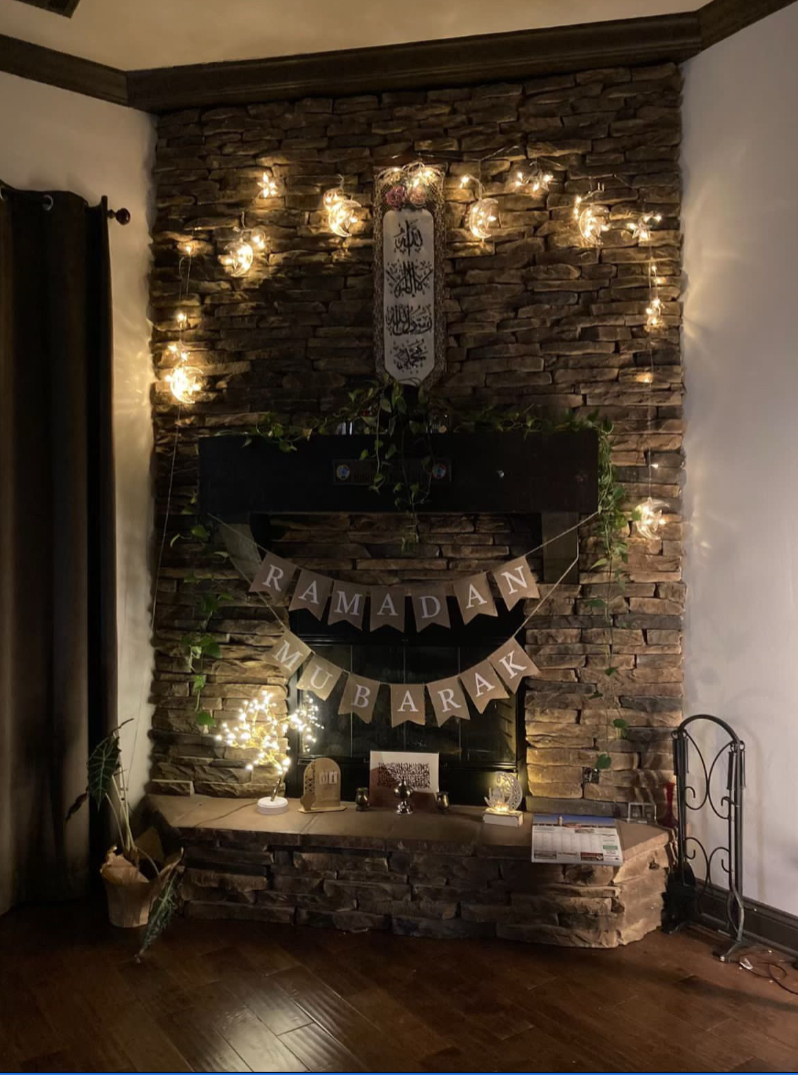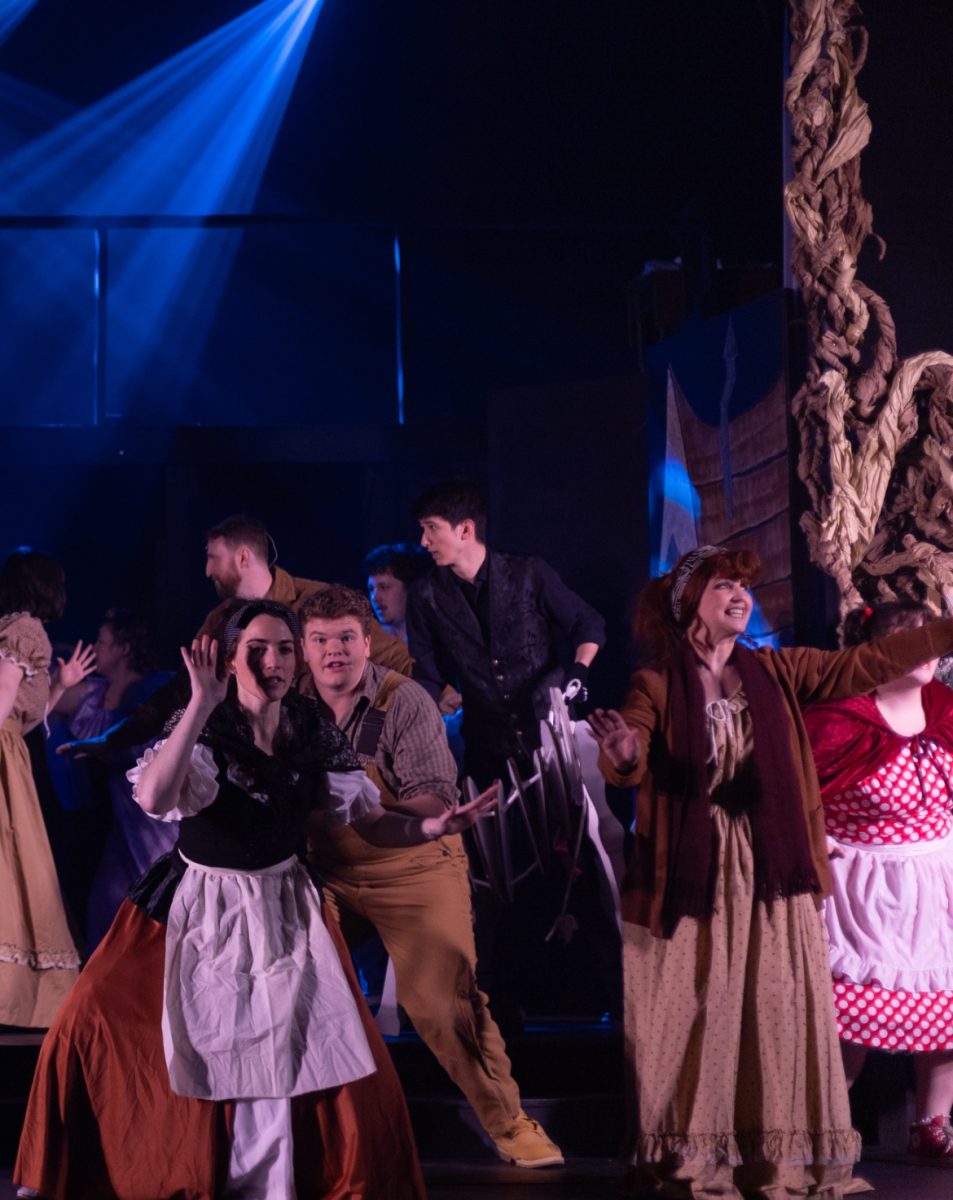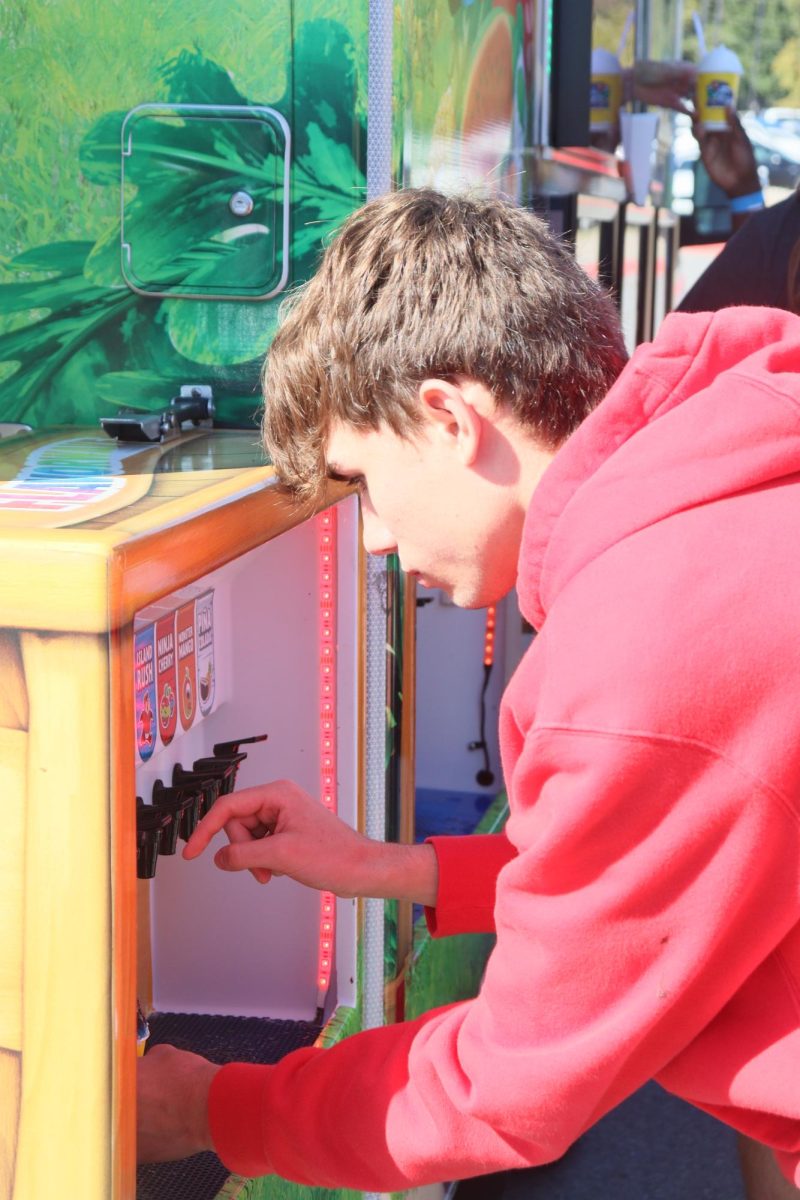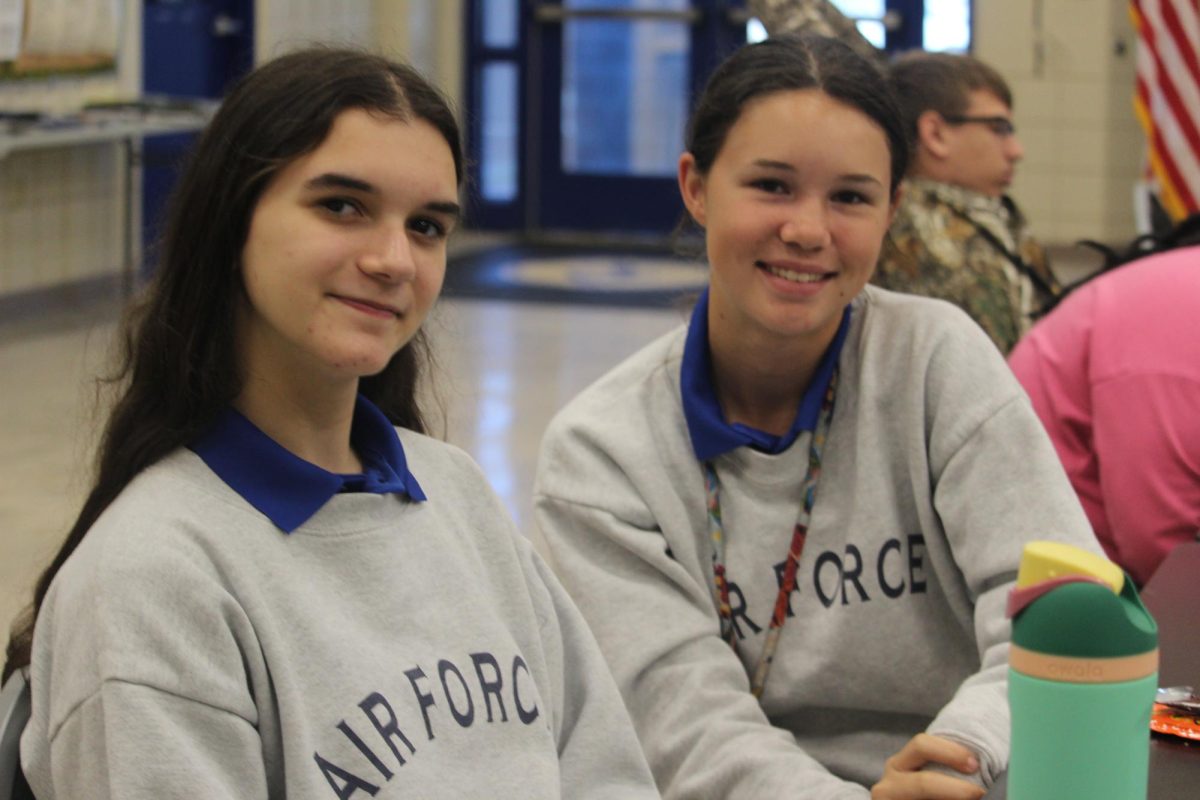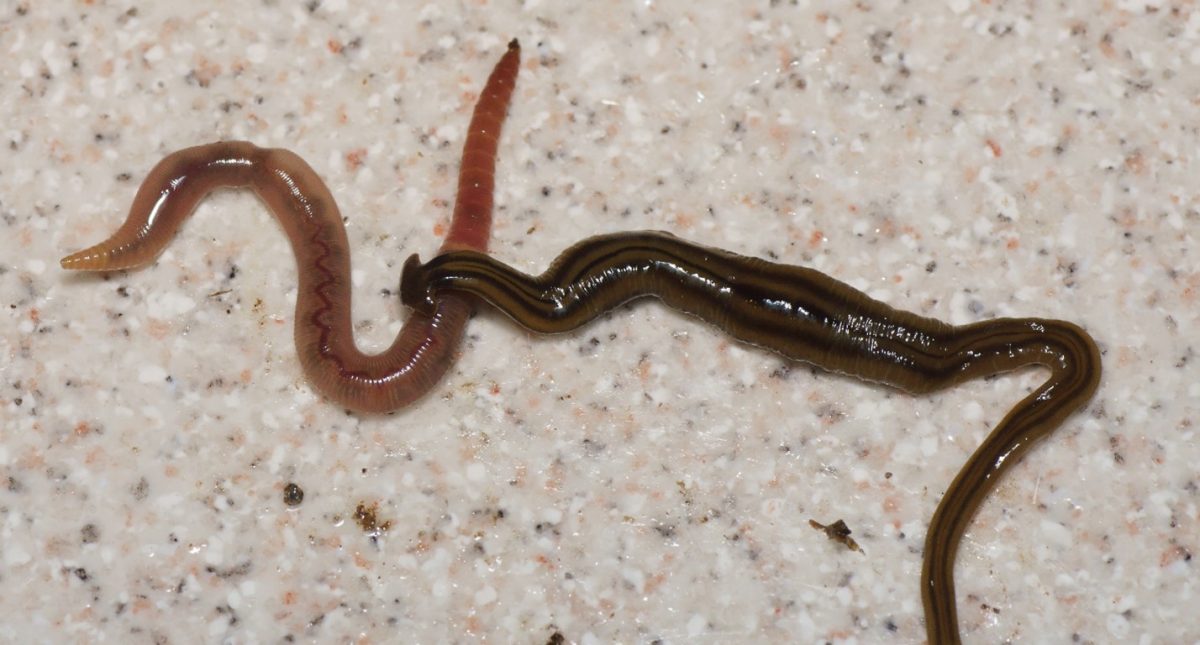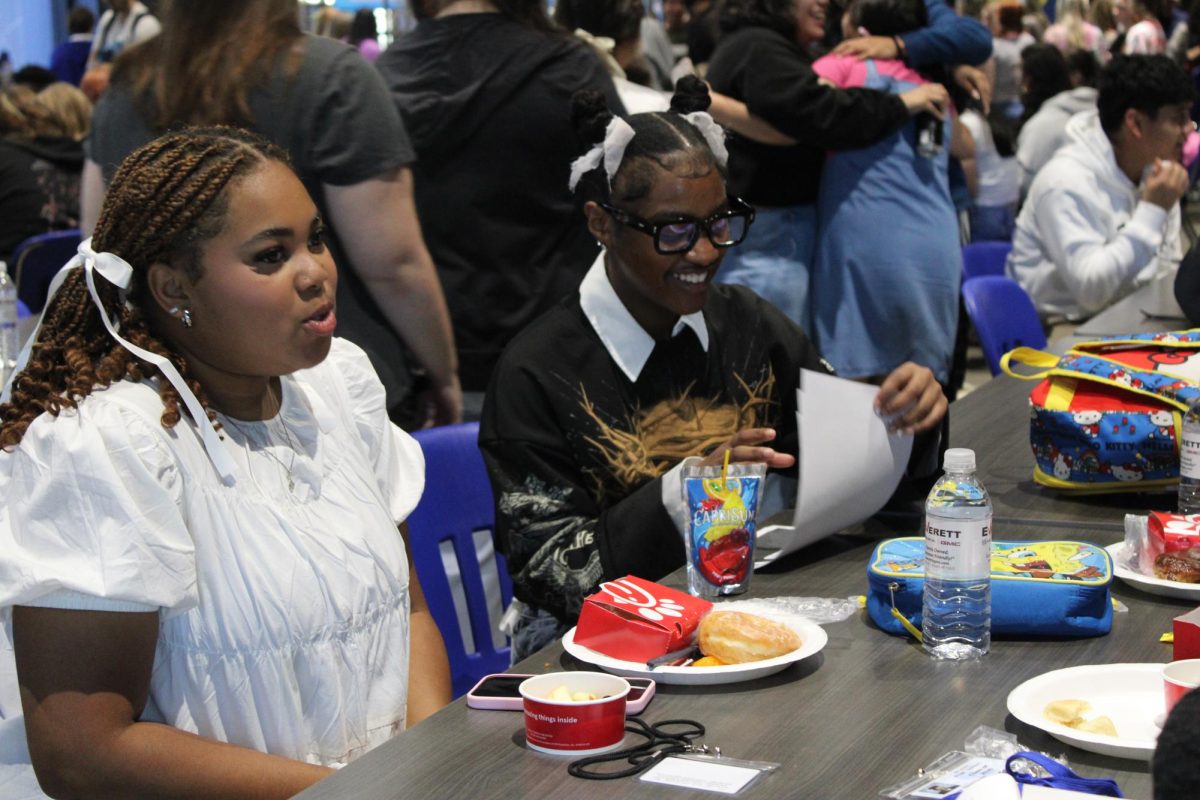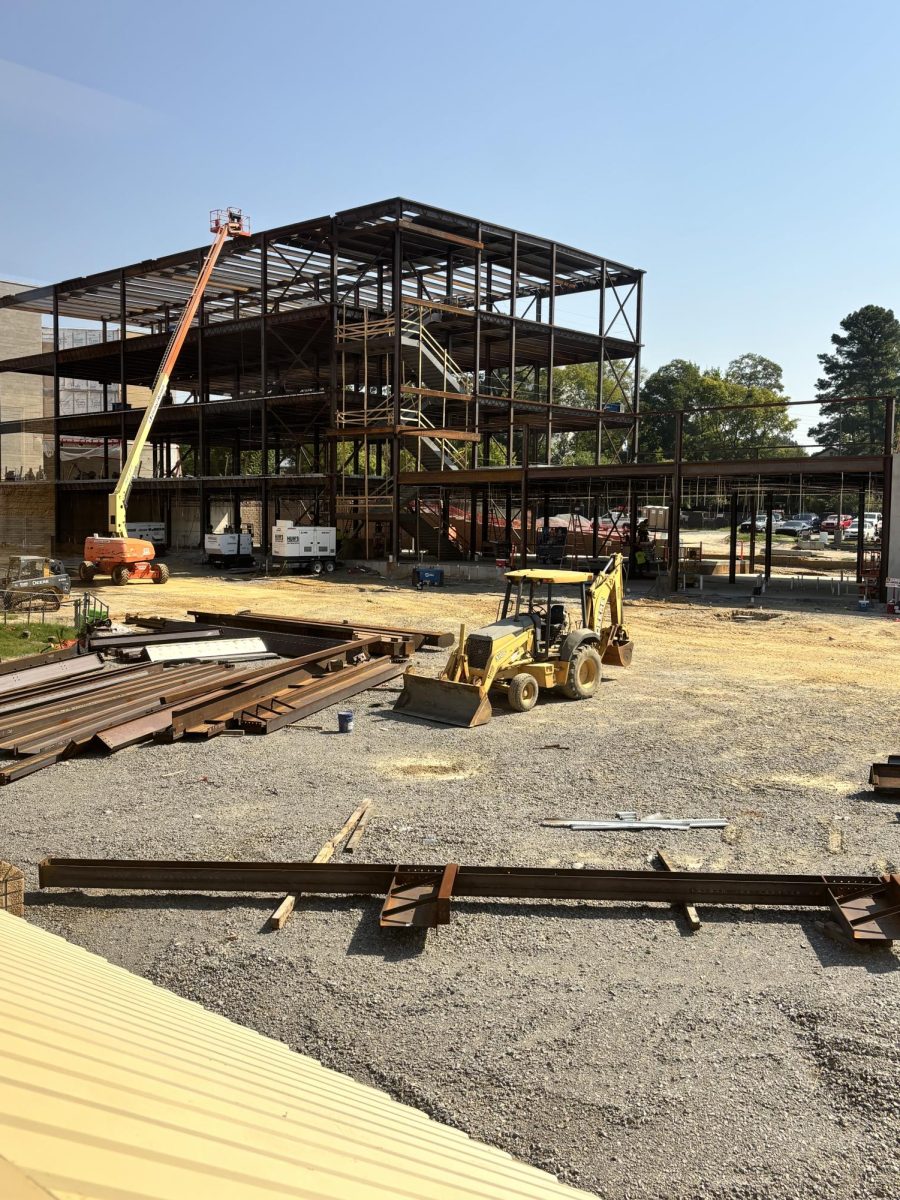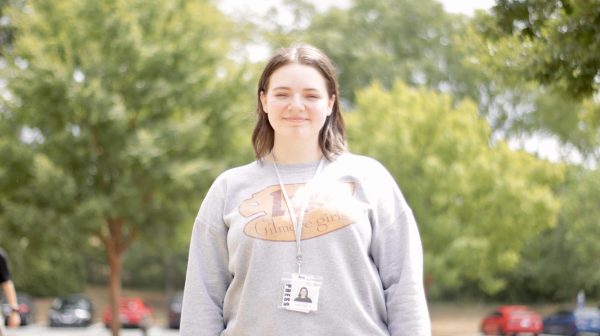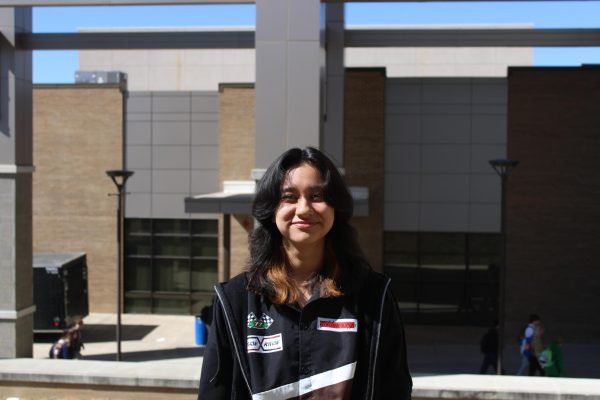Competition started to rise at Bryant the week before spring break as history teachers started to plan for the annual March Madness assignment for their students.
The March Madness assignment was a student debate where all students in AP U.S History were assigned a president and had to go against other presidents to prove who was better. Students were graded on five topics of research they had to gather:foreign policy, economics, domestic policy, legacy/impact and a “dirty” card which they could use to expose any of their competitors during the debate. While this event was different from the usual APUSH assignment, APUSH teacher Ricky Manes thought it gave students a pause but also an advantage.
“The purpose of it is to have a break between what we normally do, but one of the things on the APUSH exam talks about presidents at different points so it just gives students the extra knowledge about learning the presidents and learning about when they served,” Manes said. “It’s just a good mindframe for when they take the test.”
The event started on March 8 and ended on March 14. From March 8, every student had to debate and were either voted onto the next round or were voted out of the running. Students who were voted out but had strong arguments could’ve been considered to become a “wild” card. APUSH teachers Ricky Manes, Thomas Sparks and Donald Ernst were the advisors of the event. While the students got to decide which president won each round, Manes invited last year’s winners to be the judges on the final day of the debate. Last year’s winners were seniors Layton Baugh, Jenna Taylor, Dylan Enis, Cole Giompoletti and Cynthia Saavedra. While students prepared themselves, Manes gave us a preview for what was expected.
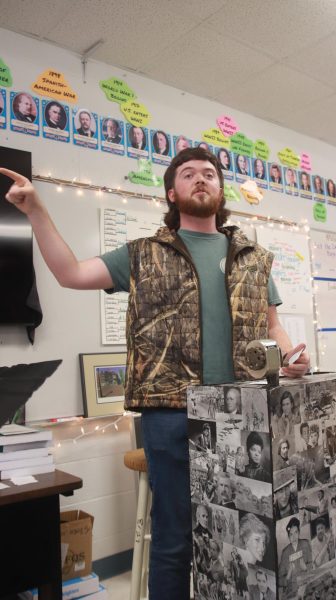
“I know students get really excited about it when it’s time to come up,” Manes said. “There’s some that don’t like speaking in front of others and we get that, we understand that,” Manes said, “The ones that made it to the last rounds of it are really excited, they will do tons of work outside to try to find dirt on the presidents that they go against.”
On March 14, the final day of the debate, the winner from debate one was junior Jackson Koon from Manes’ class. Koon was President Lyndon B. Johnson and he explains how he prepared for the event.
“The main thing I did was find lots of things that the other presidents did wrong or scandals they had during their presidency because this allowed for good rebuttals even if you can’t explain something bad that your own president did,” Koon said.
The winner from debate two was Madi Loggins from Sparks’ class as Jimmy Carter. The winner from debate three was junior Davan Parker from Mrs. Leaton’s class as Dwight D. Eisenhower. The winner from debate four was junior Jordyn Purtle from Sparks’ class as William McKinley. The winner from debate five was junior Joseph Shook from Manes’ class as Harry S. Truman and the winner from debate six was junior Liv Robertson in Manes’ class as Franklin D. Roosevelt.
Students such as Purtle were excited for the debate.
“I am a competitive person and I can always enjoy a good debate, especially when research and facts are the main component,” Purtle said. “I have fun when I debate. It gets my blood pumping and adrenaline rushing.”
During the debate, some students had to go up against their friends such as Purtle. She chose to still provide a lively debate.
“It was very cutthroat between the competitors,” Purtle said. “One of my best friends was actually in the finals with me, but that didn’t stop us from going at it with each other.”


